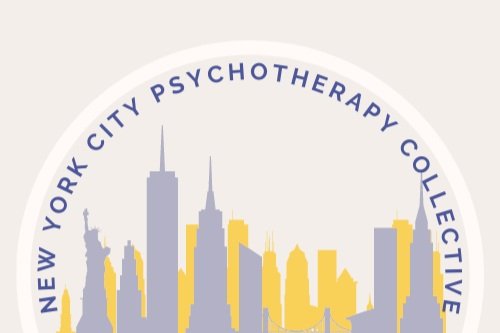Men’s Mental Health Month: Understanding Its Importance and Tips for Well-Being
June is Men's Mental Health Month, a dedicated time to bring attention to the mental health challenges faced by men and to promote the importance of seeking help and maintaining mental well-being. This month serves as a crucial reminder that mental health is an essential aspect of overall health, and that men, in particular, face unique barriers that need to be addressed.



